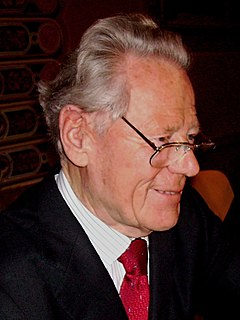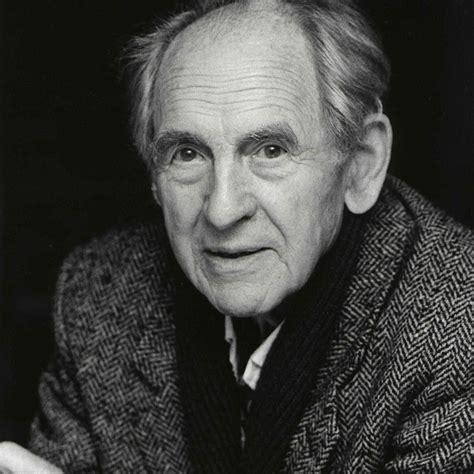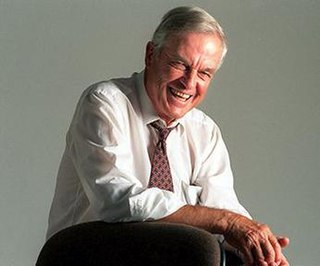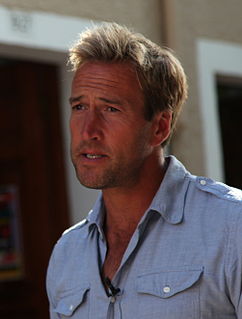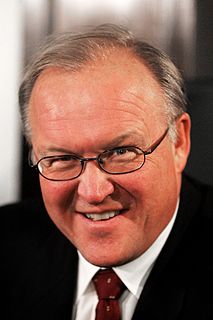A Quote by Hans Kung
We are conscious that religions cannot solve the economic, political and social problems of this earth.
Related Quotes
We cannot point to a single definitive solution of any one of the problems that confront us — political, economic, social or moral, that is, having to do with the conduct of life. We are still beginners, and for that reason may hope to improve. To deride the hope of progress is the ultimate fatuity, the last word in poverty of spirit and meanness of mind. There is no need to be dismayed by the fact that we cannot yet envisage a definitive solution of our problems, a resting-place beyond which we need not try to go.
Solving the population problem is not going to solve the problems of racism, of sexism, of religious intolerance, of war, of gross economic inequality. But if you don't solve the population problem, you're not going to solve any of those problems. Whatever problem you're interested in, you're not going to solve it unless you also solve the population problem. Whatever your cause, it's a lost cause without population control.
Democracy, taken in its narrower, purely political, sense, suffers from the fact that those in economic and political power possess the means for molding public opinion to serve their own class interests. The democratic form of government in itself does not automatically solve problems; it offers, however, a useful framework for their solution. Everything depends ultimately on the political and moral qualities of the citizenry.
Tunisia's responsibility, and especially that of its political and intellectual elites, is enormous. All the protagonists of the nation's social, cultural, economic and political life must work to overcome useless and counterproductive polarisation, and to find solutions to domestic, regional and international problems.
